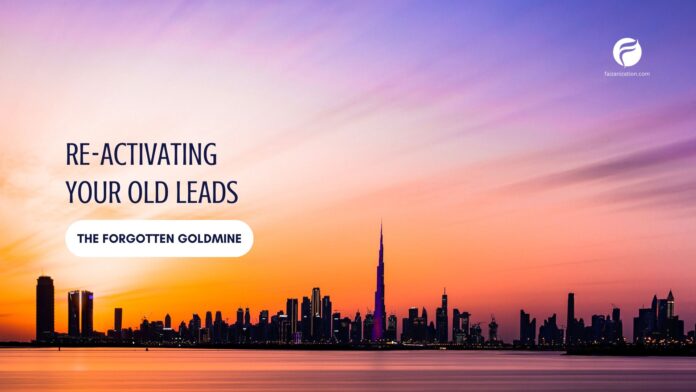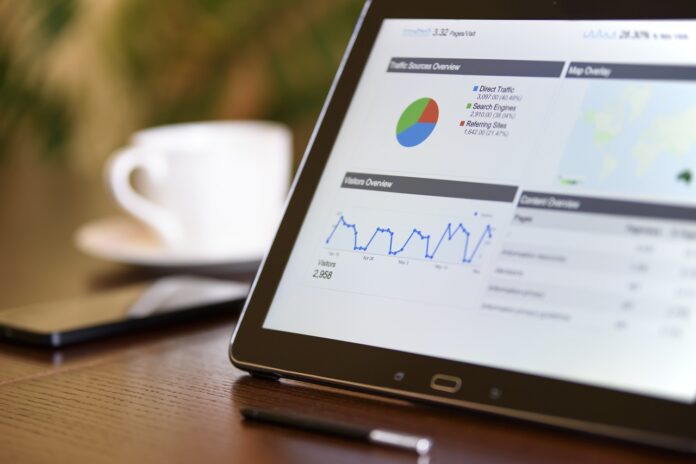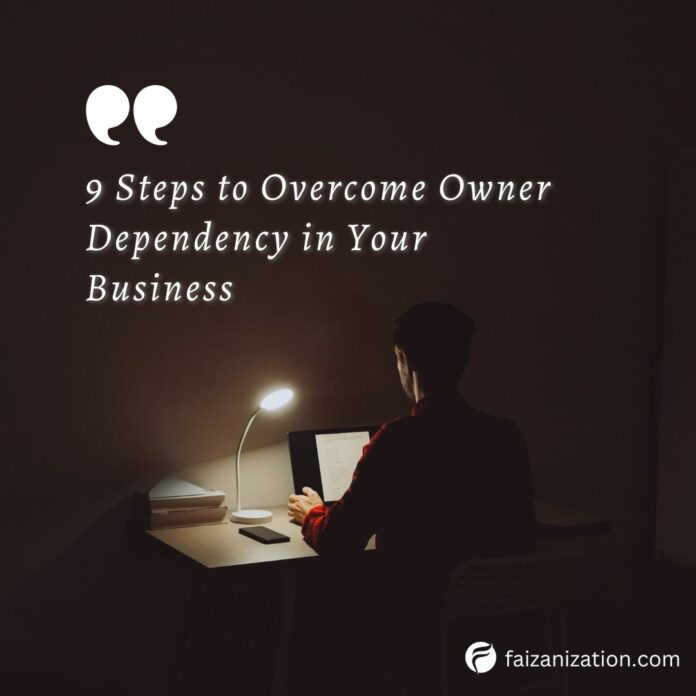The Future of Marketing is Here
Imagine a marketing campaign that knows your audience better than you do, predicts trends before they happen, and adapts in real time—all without human intervention. It may sound like science fiction, but thanks to artificial intelligence (AI), it’s the reality of marketing in 2024.
AI isn’t just a buzzword anymore. It’s transforming the way brands communicate with their audience, craft their campaigns, and achieve results. Let’s explore how AI is revolutionizing marketing campaigns this year and why it’s a game-changer you can’t afford to ignore.
1. Personalization at Scale
One of AI’s greatest strengths is its ability to process vast amounts of data and deliver hyper-personalized experiences at scale. Whether it’s a product recommendation, a targeted ad, or a personalized email, AI ensures that your marketing speaks directly to the individual customer’s needs and preferences.
In 2024, AI can analyze browsing behavior, purchase history, and even social media activity to predict what a customer wants before they know it themselves. The days of generic, one-size-fits-all marketing are gone. With AI, every interaction becomes personal, relevant, and engaging.
Impact: Personalization increases customer engagement, loyalty, and conversion rates—ultimately driving higher ROI.
2. Predictive Analytics for Smarter Campaigns
AI’s predictive capabilities are game-changers for marketers looking to stay ahead of the curve. Using machine learning algorithms, AI can analyze historical data, current market trends, and consumer behavior to forecast future trends and outcomes.
This means you can adjust your campaigns before they lose relevance or miss the mark. From predicting which products will trend next season to determining the best time to launch a new ad, AI allows marketers to make smarter, data-driven decisions that increase the likelihood of success.
Impact: Predictive analytics enable proactive decision-making, helping brands stay agile and responsive in a fast-changing market.
3. Automated Campaign Optimization
In the past, optimizing a marketing campaign required constant manual monitoring, testing, and tweaking. With AI, this process is now largely automated. AI-powered tools can analyze real-time data, identify what’s working, and make adjustments on the fly to improve performance.
Whether it’s adjusting ad placements, tweaking messaging, or reallocating budgets across channels, AI ensures your campaigns are constantly optimized for maximum impact. This level of automation saves time and resources, allowing marketers to focus on strategy and creativity rather than operational details.
Impact: Automated optimization boosts campaign performance, reduces costs, and frees up time for high-level marketing strategy.
4. AI-Generated Content Creation
AI is not just helping with data and optimization—it’s also stepping into the creative realm. AI tools can now generate high-quality content, from ad copy to social media posts and even video scripts. These AI-driven content generators use natural language processing (NLP) to create compelling narratives that align with your brand’s voice and style.
In 2024, marketers can use AI to streamline content creation processes, ensuring a steady flow of creative material without sacrificing quality. While AI can’t replace human creativity entirely, it’s a powerful tool for enhancing productivity and scaling content output.
Impact: AI-generated content helps brands maintain a consistent presence across channels, increasing efficiency and maintaining creativity.
5. Chatbots and Conversational Marketing
AI-powered chatbots have evolved into more sophisticated tools that provide instant, personalized customer interactions. These bots can engage with users in real time, answer queries, recommend products, and even close sales. In 2024, conversational marketing through AI-driven chatbots is becoming the norm, enabling brands to offer 24/7 support and seamless customer experiences.
By integrating AI chatbots into your campaigns, you can guide customers through their buying journey, provide valuable information, and drive conversions—all with minimal human intervention.
Impact: Chatbots enhance customer service, boost engagement, and improve lead generation, resulting in higher conversion rates.
AI is the Future of Marketing
In 2024, AI isn’t just an add-on—it’s a fundamental part of any successful marketing campaign. From delivering hyper-personalized experiences to predicting trends and automating optimization, AI is changing the way brands connect with their audience.
As the technology continues to evolve, the possibilities are endless. The brands that embrace AI in their marketing strategies now will be the ones leading the industry tomorrow.









